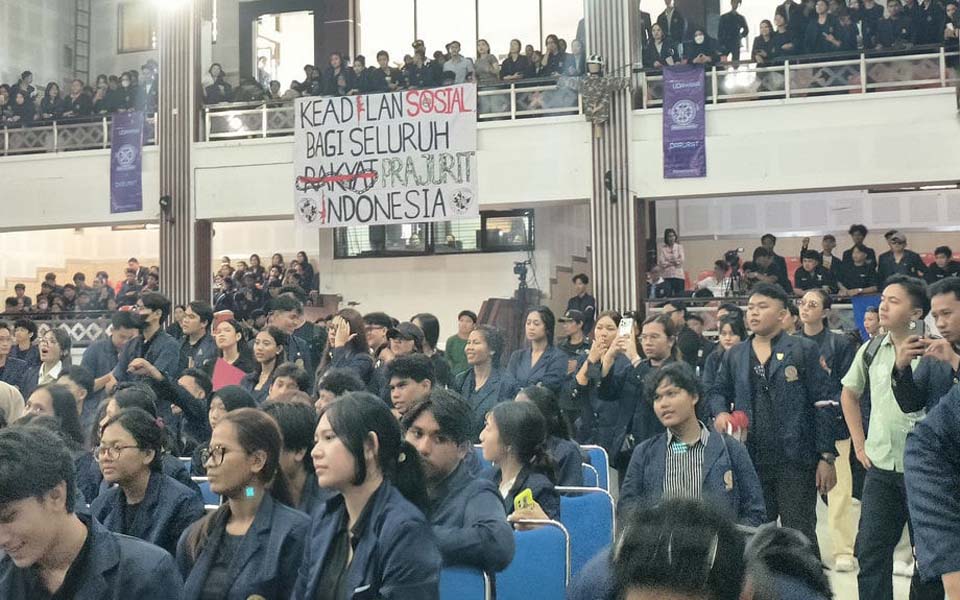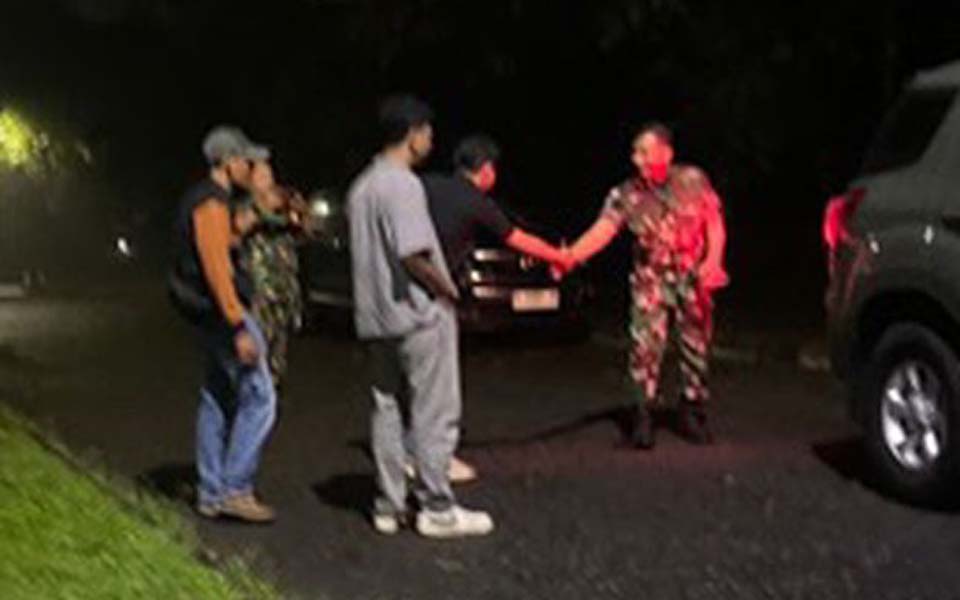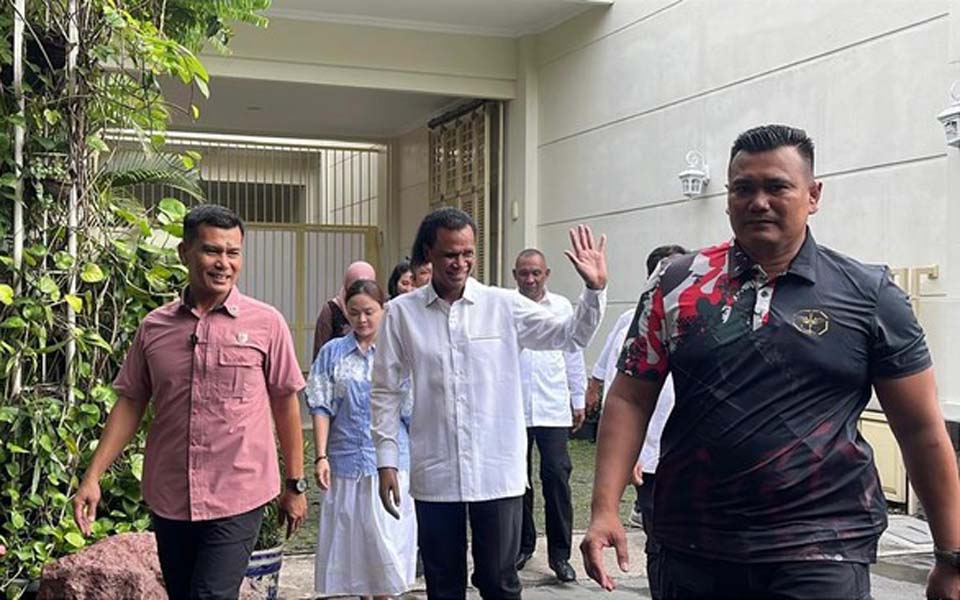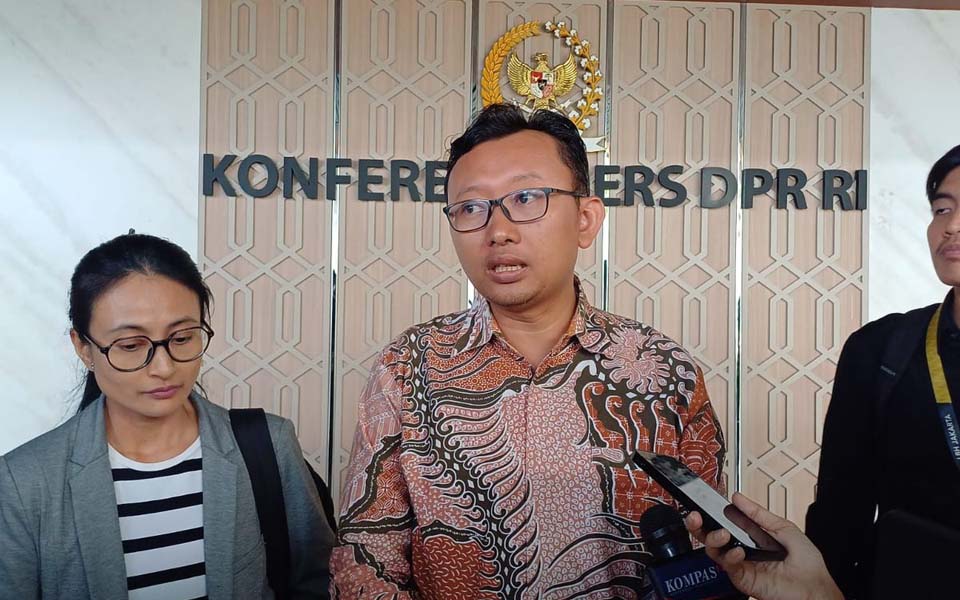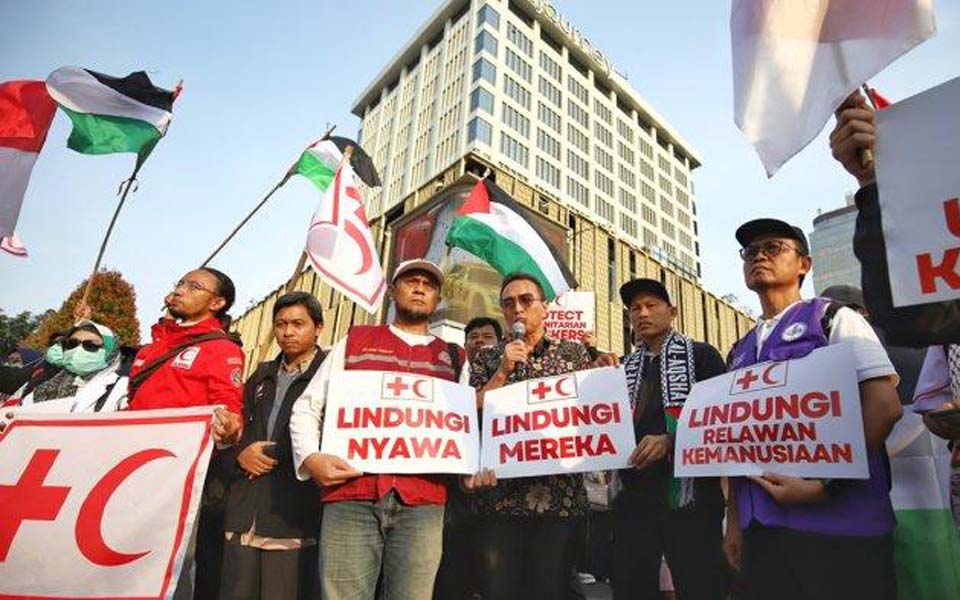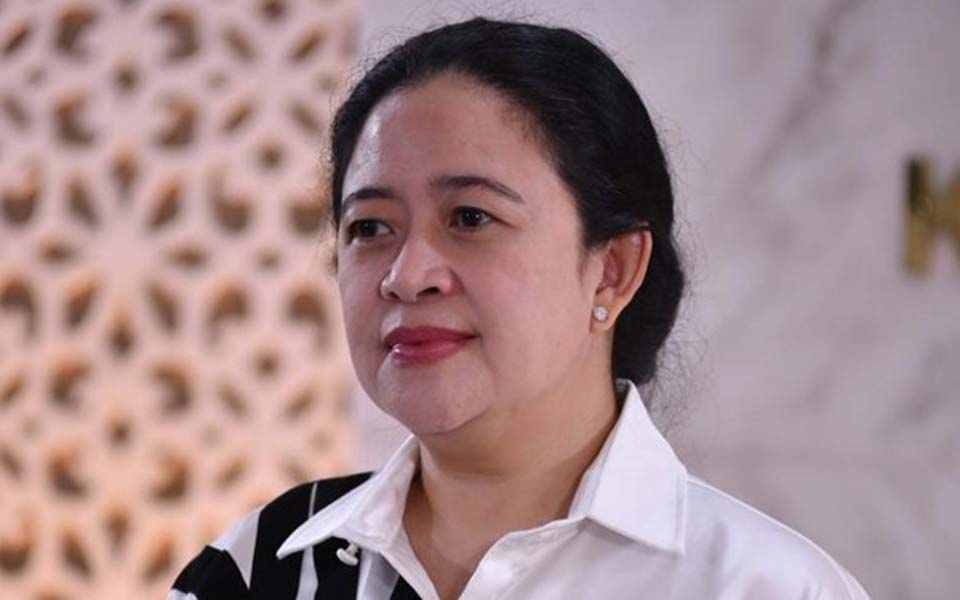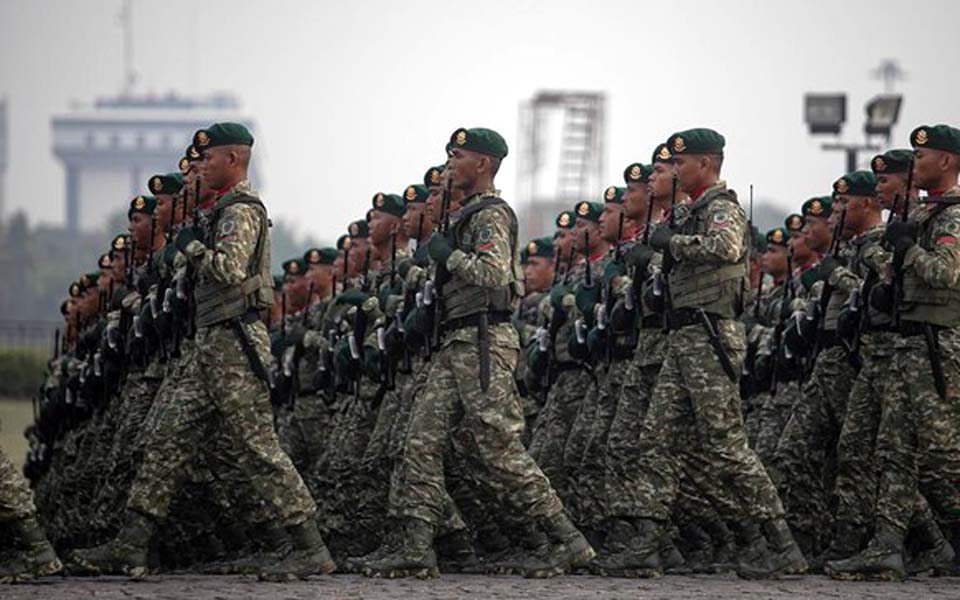Palupi Annisa Auliani (editor) – The threat posed by the Covid-19 pandemic has distracted public attention. In the mist of the panic among the public, many strategic decisions on public policies have been taken without public involvement or participation.
Transparency has become an expensive commodity. Many in the political elite have in fact taken advantage of the public’s inattentiveness to make important decision. Including, decisions on “political legislation” in parliament.
At a time when the public is panicking over the corona virus pandemic and pressure on the economy, several very sensitive laws which affect the greater public welfare have suddenly been enacted by the House of Representatives (DPR) and the government.
Indeed, in the midst of the pandemic, the work of political legislation must continue in order to ensure that the political process and democracy is not halted. But, it is still appropriate to criticise the behaviour of the DPR who have continued to deliberate controversial draft laws in a non-transparent manner in the midst of the pandemic.
Unfortunately, suggestions and public criticism calling for the deliberations on these draft laws to be postponed until the situation has improved have in fact been ignored. It is as if public participation in discussing legislation has be subordinated or even intentionally eliminated.
Political legislation, which should be transparent and accountable, has instead withdrawn into to the dark corridors of power.
Deceptive political legislation
Still fresh in our memory is how the Draft Pancasila Ideology Guidelines Law (RUU HIP) suddenly emerged and opened up a Pandora’s Box of issues related to modifying the state ideology of Pancasila.
It is as if this draft law was intentionally smuggled in to create a hegemonic political machine to maintain power and clobber those who hold different views to those in power.
In addition to this, the Draft Law on Mineral and Coal (RUU Minerba) is another example which bears scrutiny. The process of formulating Law Number 3/2020 was clearly flawed constitutionally because it was not transparent and violated legislative stipulations.
The DPR derives its powers from the constitution which states that the Regional Representatives Council (DPD) must play a role in the drafting and deliberation of all laws on natural resources. The reality was that throughout the deliberations on the RUU Minerba there was no Problem Inventory List (DIM) made by the DPD.
The deliberations on the RUU Minerba also did not involve public participation or stakeholders more broadly, including regional governments and state-own enterprises. Moreover the law also muzzled the principles of democracy.
The UU Minerba was a move to “centralise power” or take back regional government authority and placing it in the hands of the central government, all in the name of administrative efficiency and bureaucratic reform.
Regional government’s authority in mining affairs has been abolished. As a consequence it will be easy for deals to be made between the narrow interests of the political elite, the administration and business people to intervene in and control future national mining enterprises and thereby strengthen the patronage and oligarchic networks in the country.
In addition to this, the public was also shocked by the continued deliberations on the Draft Omnibus Law on Job Creation, or as some people refer to it the “Draft Disaster Law”.
Despite attracting debate and criticism from various parties, “secret deliberations” into the draft law were continued because the DPR leadership stubbornly insisted on pushing the law through and agreeing to have discussions continue in the DPR Legislative Body.
It is as if the DPR and government have taken advantage of the absense of civil society. Yet this draft law has fundamental implications for regulatory reform ranging from investment, land regulations, taxation, forestry to the fate of workers or the national workforce.
In the future, the public must be prepared to be shocked again by the DPR’s slight of hand as they prepare to revise the Law on the Bank of Indonesia (BI) and the Constitutional Court Law, which have the potential to undermine the independence and authority of these state institutions.
A test of statesmanship and elite sensitivity
The deliberation of draft laws without involving the public and related instructions are in essence flawed procedurally and will almost certainly go against the wishes of the community at the grass roots.
The DPR is a creation of the people’s sovereignty. So, the function and role of the DPR should be to represent the interests of the ordinary people, particularly so in the midst of the difficulties the people are facing at the moment.
This is even more so if we look at the struggle by medical workers in the face of the Covid-19 epidemic. It is truly a testament to the lack of statesmanship and sensitivity of the political elite and the DPR which has been sorely tested during this period.
In order to confront this phenomena, civil society forces must rise up and unit to fight this practice of “political legislative sabotage”.
In the future, it would be best if the government and the DPR’s attention be directed at efforts to contain the pandemic and the pressure on the economy which is increasingly impacting on communities at the grass roots.
A wave of unemployment is appearing. Poverty levels are growing and inequality is becoming sharper. The DPR and the government should be more sensitive and focus on this main task.
Don’t waste energy on things which have no relationship with rescuing the ordinary people from the threat of the corona pandemic and economic pressure.
In order to make these efforts effective, civil society forces must communicate with elements of political power in the parliament who have a similar consciousness and view point.
Several political parties, which have recently tried to take a more rational stand, could be a good alternative to build agreement.
If such an effort is not made, the hijacking of authority or political legislative powers will continue in the future.
If there is no correction, the reigns of democracy could potentially be controlled by a network of narrow interests who will push through regulations and legislation and pawn off the natural wealth, dignity and authority of the nation and the country.
[Translated by James Balowski. The original title of the article was “Awas, Sabotase “Politik Legislasi” di Era Pandemi!”.]
Source: https://nasional.kompas.com/read/2020/09/03/15483771/awas-sabotase-politik-legislasi-di-era-pandemi






